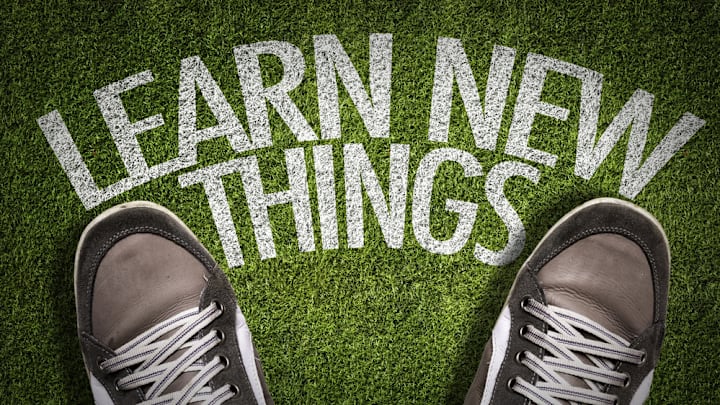Border Crossings and Self-Discovery

There’s something about a border—visible or invisible—that makes you take notice. Whether it’s a physical checkpoint, a time zone shift, or a sudden change in language, crossing from one country into another stirs something in you. It's a transition, not just of geography, but of identity.
I’ve crossed borders on foot, by bus, train, and air. Sometimes it was planned. Sometimes it felt abrupt. And each time, no matter how routine or expected, it left a mark. Because borders have a way of making you pause and ask: Who am I in this new place? What parts of me do I carry forward—and what gets left behind?
The Stillness Before the Stamp
There’s a specific silence that falls at a border crossing. It’s often laced with anticipation, even if you’ve done it a dozen times before. The uniformed agent. The quick scan. The moment of eye contact that feels like more than bureaucracy.
That moment invites reflection: you’re stepping into another system, another way of seeing the world. You begin to feel your own outlines more clearly, not because they’re fixed, but because they’re suddenly in contrast with something else.
Borders illuminate the parts of us that are shaped by habit, culture, and place—many of which we don’t realize we’re carrying until we arrive somewhere that doesn’t reflect them back.
Belonging, Reframed
In one country, you fit in without trying. In another, your gestures, tone, or clothing might set you apart immediately. At first, this feels disorienting. Then, it becomes enlightening.
Because crossing borders doesn’t just ask you to adapt—it asks you to notice. You become aware of what feels foreign not just outside of you, but inside of you. You start to examine what’s essential versus what’s inherited. You ask: What do I hold onto because it feels like me, and what do I hold onto because I never questioned it?
Travel becomes more than observation—it becomes a mirror. The unfamiliar doesn’t just challenge your comfort zone—it reveals your core.
Letting Go of the Fixed Story
In one border town, I arrived late and disoriented, expecting to just pass through. But I ended up staying three days, pulled into a rhythm of slower meals and quieter mornings. I found myself unlearning my urgency. I stopped narrating everything. I stopped explaining myself.
That pause between one destination and the next gave me more insight than any landmark could. It reminded me that crossing over doesn’t require a reinvention—but it does invite a reevaluation.
We’re never just one version of ourselves. We’re layered. And borders, both real and metaphorical, give us a chance to explore those layers. To shed, to reclaim, to revise.
What I Brought Back
I don’t remember every passport stamp. But I remember the feeling of being asked—not by an official, but by the moment itself—Who are you now that the context has changed?
I remember conversations in languages I barely spoke, but still understood. I remember the taste of unfamiliar breakfasts that made me question what I once thought was “normal.” I remember carrying my assumptions across borders and slowly, quietly, setting them down.
Each crossing left me a little more open, a little more curious, a little more at home in the in-between.
The Takeaway: Every Border Is an Invitation
Border crossings remind us that travel isn’t just about seeing new places—it’s about meeting new versions of ourselves. It’s about entering unfamiliar terrain, both literal and internal, and discovering what expands, what contracts, what surprises us.
Some borders are visible. Some are felt. All of them, when crossed with intention, are transformative. Because the journey between two places is also the journey between two selves—the one you were, and the one becoming.